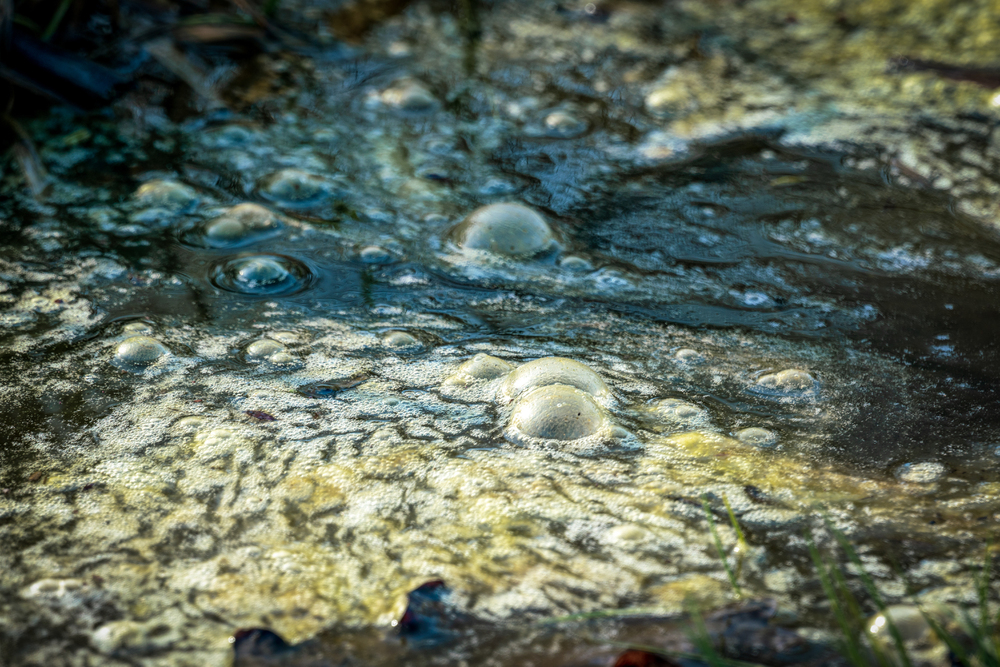
By Alicia Buenaventura, Publishing Associate: Researcher and Writer at Save the Water™ | November 22, 2024
Edited by Tenzin Saldon, Publishing Project Leader at Save the Water™
The oil drilling industry grows worldwide each year. According to World Oil, drilling activity is increasing in nearly every region globally. Oil spills from this industry have a significant negative environmental impact on waterways.
A major environmental harm from oil drilling is also the waste left behind. Conventional oil drilling uses large amounts of water and chemicals to extract oil from underground. This process produces oily sludge and ‘produced water,’ which pollute marine environments and groundwater. For every barrel of oil, 10 barrels of produced water waste are created. The US alone generates 230,000 metric tons of oily sludge annually. Furthermore, starting this year, China is also expected to produce over 6 million tons of oily sludge annually.
When mishandled, oil drilling waste pollutes streams, rivers, and lakes. It introduces harmful chemicals like arsenic, benzene, and heavy metals into waterways. As a result, this alters water chemistry, threatens groundwater through cracks in infrastructure, and endangers marine life.
Some traditional methods of managing oil waste include:
These traditional approaches are not only ineffective but also release their own pollutants and dangerous chemicals. Therefore, this disturbs natural environments and creates additional hazards for waterways and groundwater.
Research highlights emerging methods that combine efficiency and environmental safety when cleaning up leftover waste from oil drilling. This includes processes like pyrolysis, ultrasound treatment, and bioremediation for treating oil waste.
The increasing demand for oil globally makes it a pressing issue to study the effect of drilling on our environment. Oil spills and oil drilling waste present a tremendous threat to our waterways and natural environment. Due to this, more efficient methods are needed to reduce the environmental harm and waste from drilling. Moreover, research shows that we should move away from crude oil dependence and switch to renewable energy. By shifting to renewables, we can address the root problem and impact of drilling on the environment and waterways.